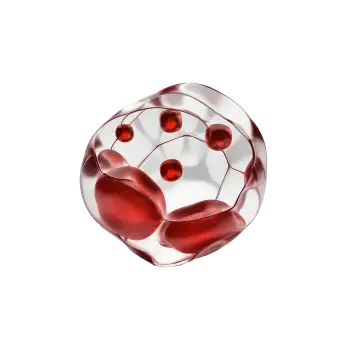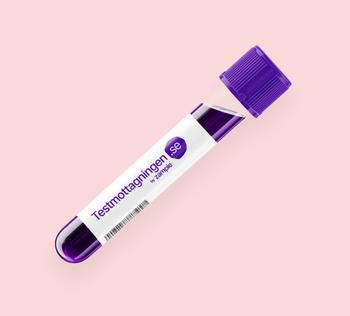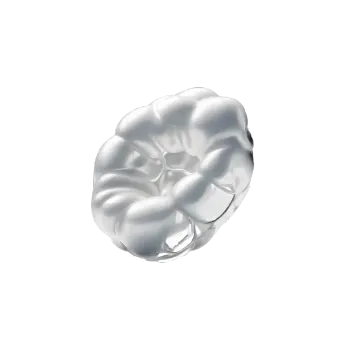What are monocytes?
Monocytes are a type of white blood cell involved in the immune system. Monocytes are produced in the bone marrow and make up approximately 2-8% of white blood cells. When they reach the tissue, they are transformed into macrophages, which are specialized in capturing and destroying foreign particles and bacteria. The macrophages can also convey information about infections to other immune cells and thus help coordinate the immune system. Monocytes can also produce substances that help regulate inflammation.
Why analyze monocytes?
Monocytes are analyzed to obtain information about the general condition of the immune system and any problems or diseases that may have been related to the monocytes. Monocytes are one of the white blood cells included in a differential count. A differential count is a medical examination that aims to determine the proportion of different types of white blood cells (leukocytes) in a blood sample.
What can a low value of monocytes mean?
Low values of monocytes can be seen in certain infections such as HIV and parvovirus B19 (“fifth disease”) in children which can cause a decrease in monocytes. Diseases that can affect the bone marrow such as aplastic anemia or myelodysplastic syndrome (MDS) can also cause a decrease in monocytes along with other white and red blood cells.
What can a high value of monocytes mean?
An elevated value can be due to certain infections such as tuberculosis, inflammation due to an autoimmune disease, or blood disease such as leukemia. Cortisone treatment can cause slightly elevated levels.
Differential count of B cellsDifferential count is a medical examination that aims to determine the proportion of different types of white blood cells (leukocytes) in a blood sample. The differential count is an important part of a complete blood count and can provide important information about the general state of the immune system and any problems or diseases that may be related to white blood cells.
Differential counting can be done both by mechanical classification (most common) and by examining the blood under the microscope where different types of white blood cells are counted; neutrophils, lymphocytes, monocytes, basophils and eosinophils. Each type of white blood cell has its own function and a change in the level of these cells can provide information about what is happening in the body.




























